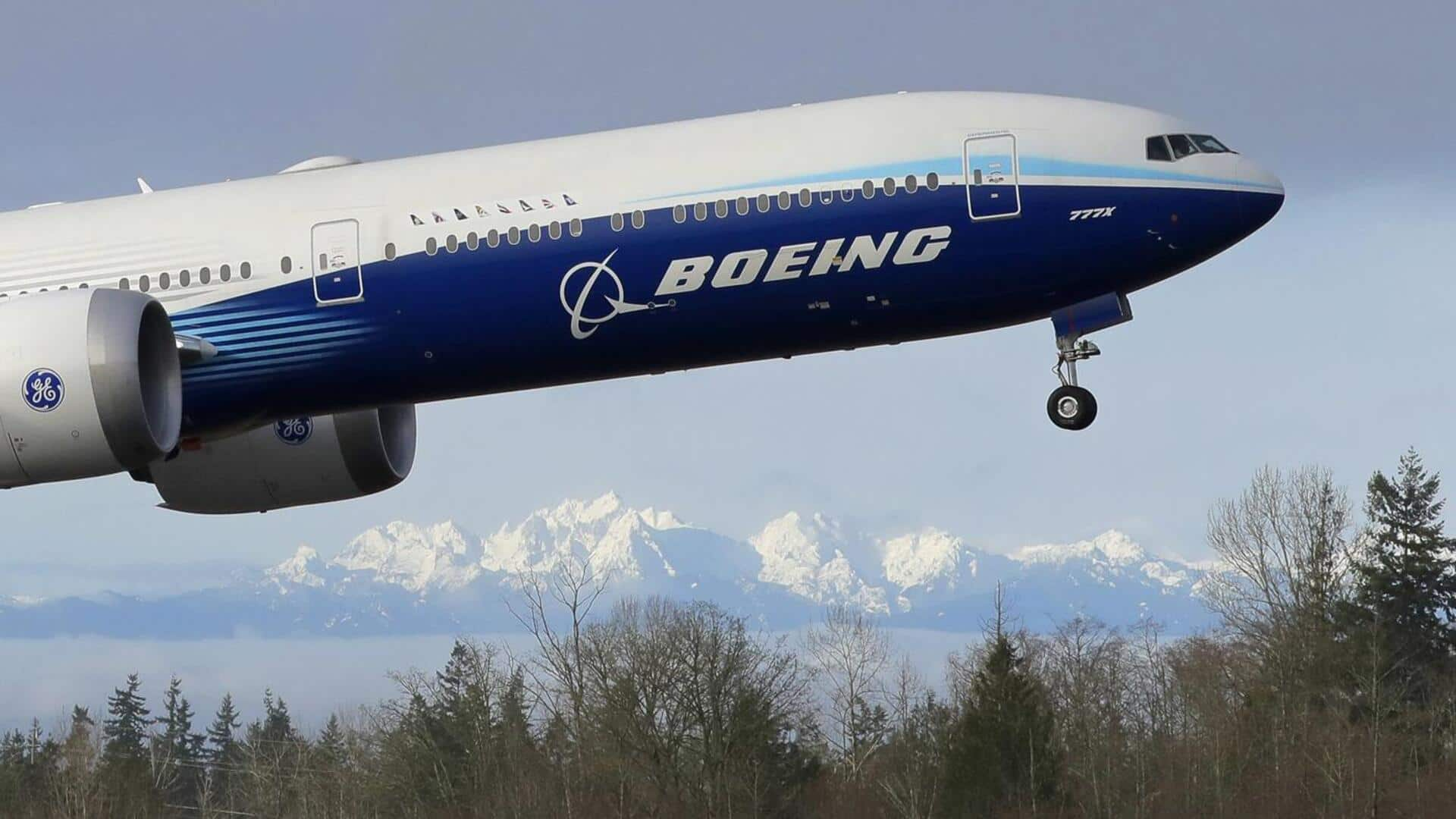
Boeing seeks new buyers for jets as China rejects deliveries
What's the story
Boeing is exploring alternative buyers for aircraft originally intended for Chinese airlines.
The company's CEO, Kelly Ortberg, confirmed the development to CNBC, stating, "We're in close communication with our China customers and we're actively assessing options for remarketing already built or in process airplanes."
This follows China's decision to halt Boeing deliveries, a move linked to the trade dispute with the US.
Trade tension
Trade disputes and their impact on Boeing
The ongoing trade dispute has made things difficult for Boeing, the largest US exporter of manufactured goods.
The situation comes after President Donald Trump slapped tariffs on most of America's trading partners.
So far, only China has retaliated with tariffs, making Boeing jets unaffordable for Chinese carriers.
The move has created uncertainty over the future of nearly 50 jets originally planned for delivery to China this year.
Ortberg admitted if more countries follow suit, it could complicate Boeing's recovery process.
Business outlook
Boeing's current situation and future prospects
Boeing can absorb any cost increases for goods and services on exported jets, with executives estimating their exposure at less than $500 million.
However, about $1 billion of revenue is at risk due to planes bound for China.
Strong demand for new jetliners and delivery constraints at rival Airbus could work in Boeing's favor.
Market response
Air India shows interest in rejected aircraft
Air India is one of the airlines ready to take on the aircraft returned by China.
The airline had taken on 41 737 Max jets originally manufactured for Chinese airlines and is keen on more.
Bank of America analyst Ron Epstein said, "Looking ahead, if China decides to defer or cancel orders, Boeing should have little difficulty reallocating the aircraft to other airlines that need additional capacity."
Production targets
Boeing's plans to increase production
Boeing plans to achieve a monthly production rate in the mid-50s for its 737 Max aircraft, Ortberg said.
At present, the company hopes to reach a 38-unit monthly cap imposed by the Federal Aviation Administration (FAA) before ramping it up to 42 and beyond.
The plan depends on stable metrics measuring the health of its factories and suppliers.